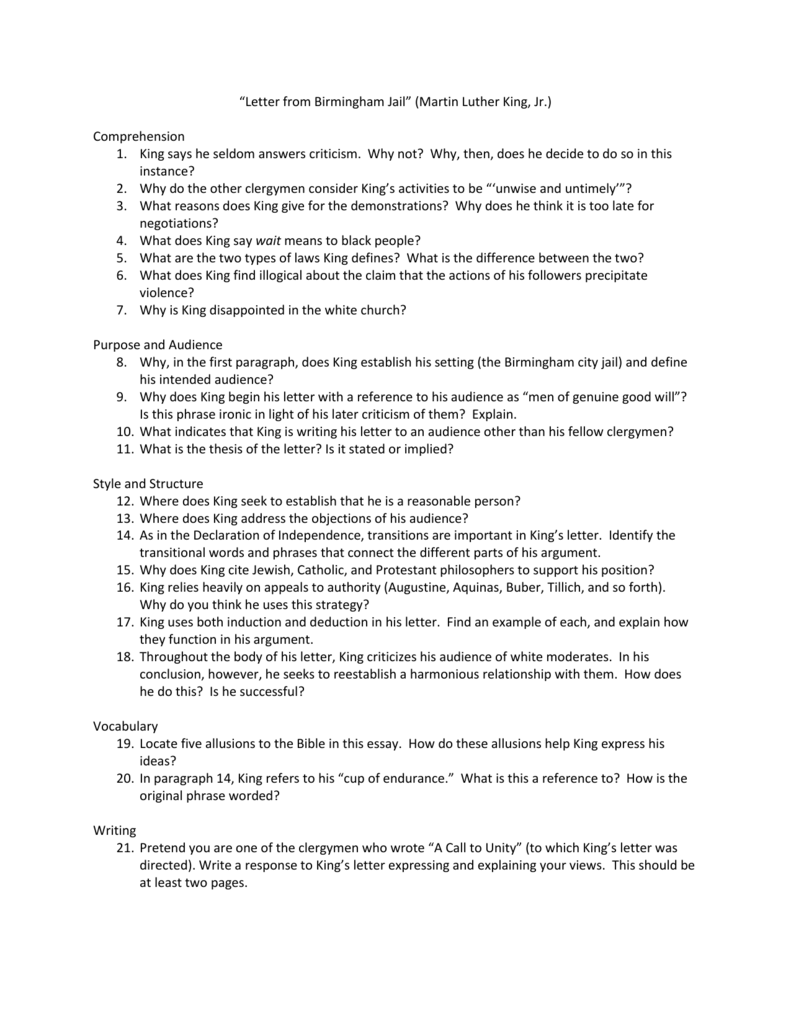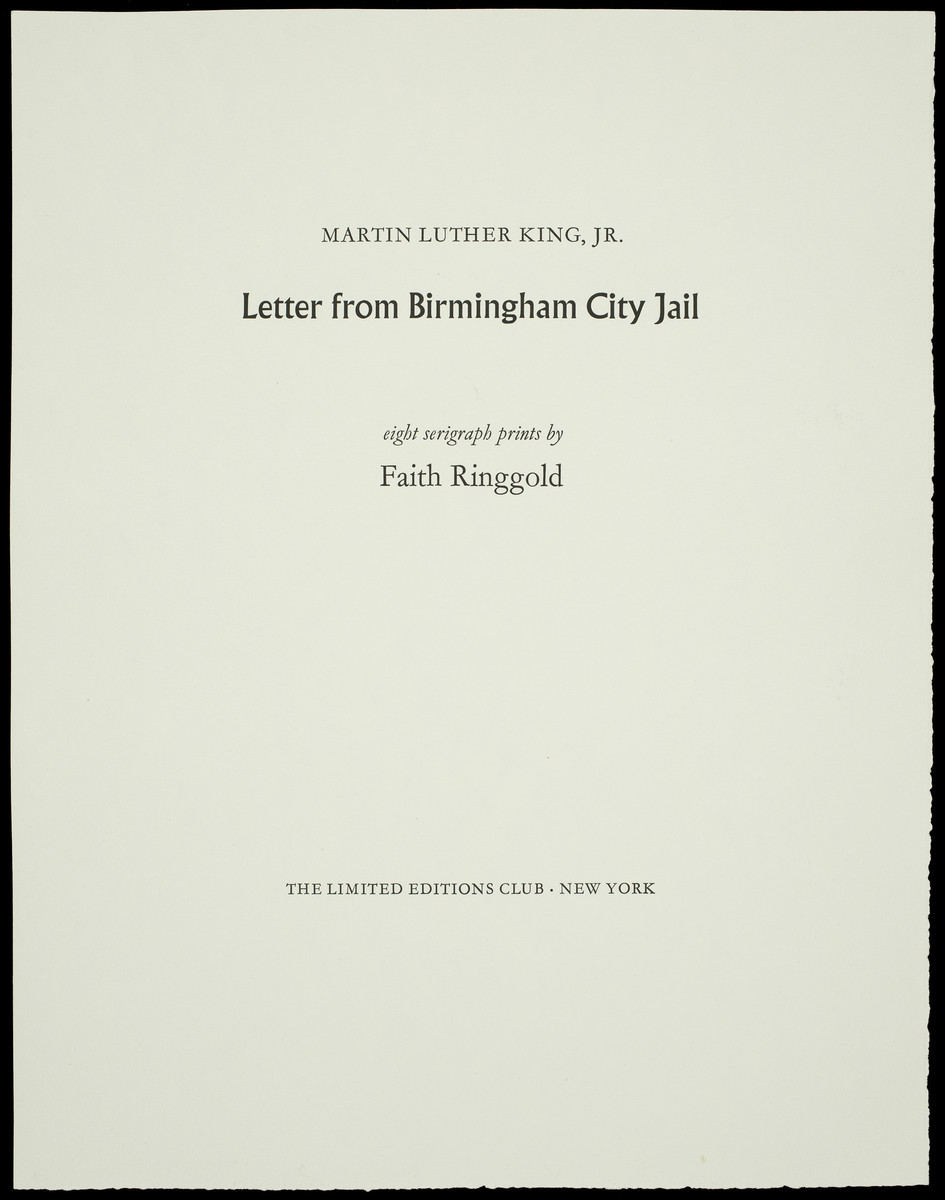

In movies, newspapers, posters, photographs and articles, the Rosie the Riveter campaign stressed the patriotic need for women to enter the workforce in greater numbers and Rosie encouraged women to apply for industrial jobs they may not have previously considered. The iconic image of Rosie the Riveter was explicitly aimed to change public opinion about women’s work, and the underlying theme of the campaign was to show that the social change required to bring more women into the workforce was both a patriotic responsibility for women, and an opportunity for employers to support the war economy. Recruiting an additional two million women into the workforce to support the war economy, the “Women in War Jobs” campaign is considered to be the advertising industry's most successful recruitment campaign in the United States. The War Advertising Council, which implemented a massive national campaign to further usher women into the workplace, became an integral part in organizing the movement. The demands of a wartime labor market made it more acceptable for women to take on jobs in manufacturing, utilities, and transport that in peacetime had mostly been done by men.

One such protest resulted in one of America’s most famous letters – King’s letter from Birmingham city jail.As American men left the industrial labor force to enlist during World War II, more American women entered the workforce in unprecedented numbers. Perhaps most well-known for his “I Have A Dream” speech, King also organized groups, marches, and campaigns to protest racial injustice. Countless books are written about him, streets and schools are named after him, monuments depicting him stand throughout our nation, and he is one of the few Americans commemorated by a national holiday. Posthumously, he is awarded the Presidential Medal of Freedom and the Congressional Gold Medal, the highest awards U.S. Both a minister and civil rights activist, he fights racism and segregation through nonviolent means and receives a Nobel Peace Prize in 1964 for his efforts. One cannot speak about prejudice without speaking of the life and influence of Martin Luther King Jr. These words echo as true today as they did in his day.


writes these famous words in a jail cell in Birmingham, Alabama, on April 16, 1963, roughly five years before he is assassinated.


 0 kommentar(er)
0 kommentar(er)
